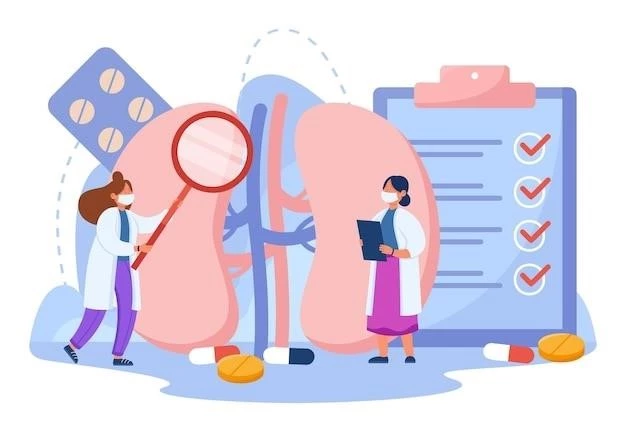Causes of Alopecia
Alopecia can be caused by genetics, hormonal changes, autoimmune conditions.
Causes of Alopecia
Various factors contribute to alopecia, such as genetics, stress, diet deficiencies, autoimmune diseases, and certain medical treatments like chemotherapy. Hormonal imbalances and aging can also play a role. Understanding these causes is essential for effective management and treatment of alopecia.
Managing Anosmia Symptoms
Managing anosmia involves addressing underlying causes like nasal issues, infections, or neurological conditions. Lifestyle changes, using scented products, and seeking medical advice can help cope with the loss of smell. Anosmia can impact quality of life, so proper management is crucial for overall well-being.
Understanding Deafness
Deafness can result from various causes, including genetics, aging, noise exposure, infections, or medical conditions. Understanding the type and degree of hearing loss is crucial for appropriate management. Treatments like hearing aids, cochlear implants, or sign language can help individuals with deafness lead a fulfilling life.
Treatment Options for Hypogonadism
Treatment for hypogonadism depends on the underlying cause and individual health. Hormone replacement therapy, lifestyle changes, and medication are common approaches. Managing symptoms like fatigue and mood changes is essential for improving quality of life. Consultation with a healthcare provider is crucial for personalized treatment options.

Recognizing Signs and Taking Action
Symptoms of Alopecia
Hair loss in patches, sudden shedding, and thinning are common signs of alopecia.
Symptoms of Alopecia
Recognizing alopecia involves noticing hair loss in patches or clumps, sudden shedding, thinning of hair, and bald spots on the scalp. These symptoms may vary depending on the type of alopecia, and early detection is crucial for effective treatment and management.
Coping with Anosmia
Living with anosmia involves adapting to loss of smell by using visual cues for safety, exploring different tastes and textures of food, and seeking emotional support. Techniques like aromatherapy can also help cope with the challenges of anosmia and improve quality of life.
Preventing Deafness
Preventing deafness involves protecting ears from loud noises, maintaining good ear hygiene, avoiding ototoxic medications, and managing underlying health conditions. Regular hearing screenings, using ear protection in noisy environments, and seeking prompt medical attention for ear issues are essential preventive measures to preserve hearing health.
Hypogonadism Diagnosis and Treatment
Diagnosing hypogonadism involves blood tests, physical exams, and imaging studies to assess hormone levels and underlying causes. Treatment options may include hormone replacement therapy, lifestyle modifications, and addressing any contributing medical conditions. Timely diagnosis and personalized treatment plans are essential for managing hypogonadism effectively.
